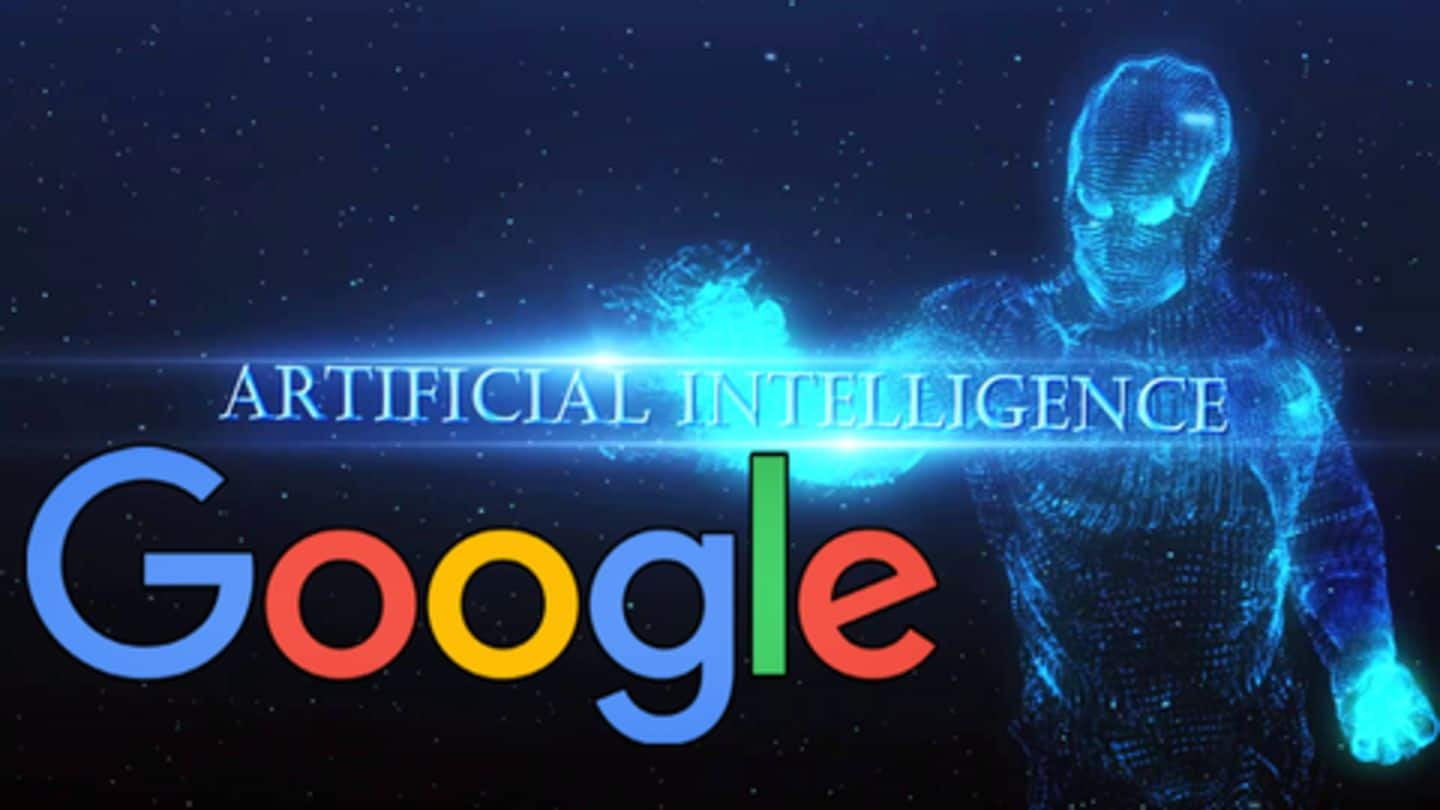
Google's AI can detect 50+ eye diseases with phenomenal accuracy
What's the story
If you ever doubted artificial intelligence (AI) in the field of healthcare, Google's DeepMind is here to prove you wrong. After devising an accurate patient death prediction system, DeepMind can now detect 50 sight-threatening eye conditions with the same accuracy as expert practitioners. Additionally, DeepMind can competently recommend the most appropriate course of action for patients. Impressed yet? Here's more about it.
Training
How DeepMind trained its neural networks to detect eye diseases
Two years ago, Alphabet-owned DeepMind, in partnership with London's Moorfields Eye Hospital, set out to detect eye diseases with a combination of two neural networks, namely, a segmentation and a classification network. To train its machine learning algorithms, DeepMind used thousands of historic and fully anonymized eye records to analyze optical coherence tomography (OCT) scans, as well as bleeding, fluid deposits, and other issues.
Study
DeepMind's AI can detect eye diseases with 94% accuracy
The AI's capabilities were put to test in a study, now published in the science journal, Nature Medicine. The study found that DeepMind's AI could predict over 50 sight-threatening eye diseases with a phenomenal accuracy of 94%. Additionally, the AI is compatible with most models of eye scanners, thereby eliminating limiting factors on its widespread use such as hardware restrictions.
Usability
The AI doesn't simply spit out results, it also explains
One notable aspect of the AI engine is that it doesn't simply spit out analysis results. Instead, the system provides doctors with insights on how neural networks operate. Simply speaking, the AI informs doctors of how it comes to decisions and makes recommendations in the form of percentages, thereby allowing experienced doctors to understand the system's own confidence, and apply their own expertise.
Next step
DeepMind's AI now awaits clinical trials
With the study, DeepMind has concluded the first phase of its research partnership with Moorfields Eye Hospital. The second phase involves clinical trials wherein the AI will be put to real-life use. If it passes clinical trials, DeepMind's AI will be rolled out to Moorfield's 30 UK-based hospitals, that serve around 300,000 patients in the UK annually.